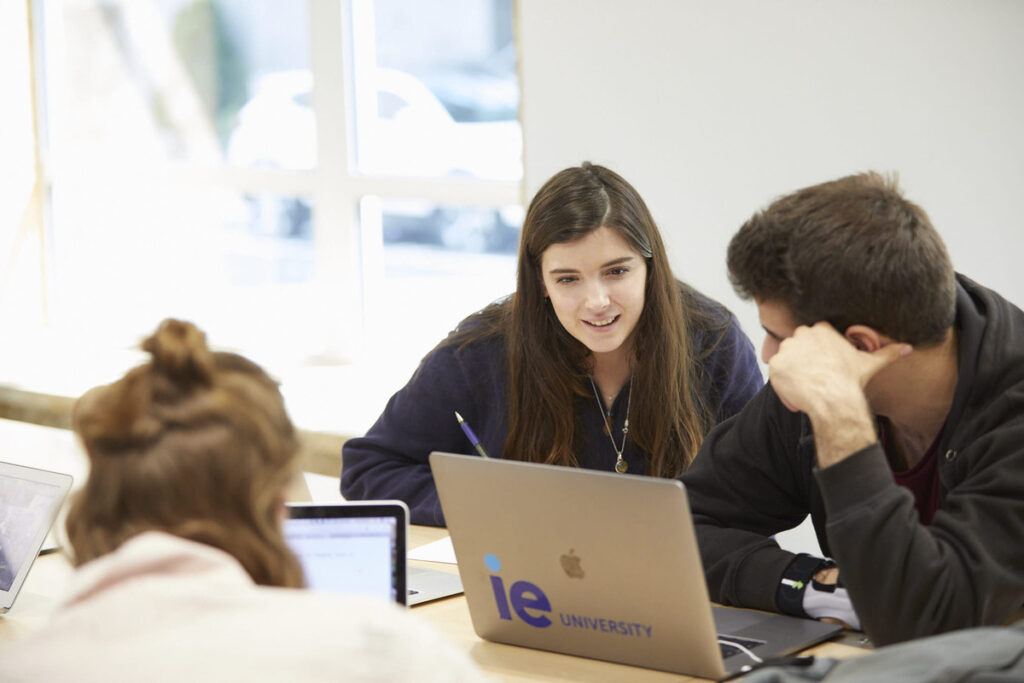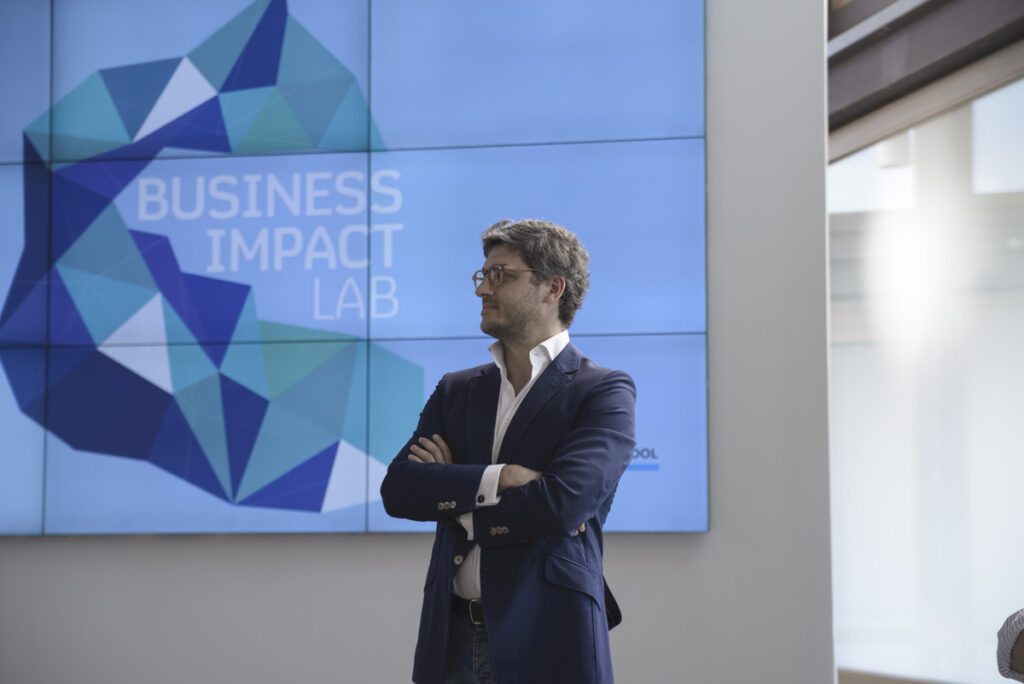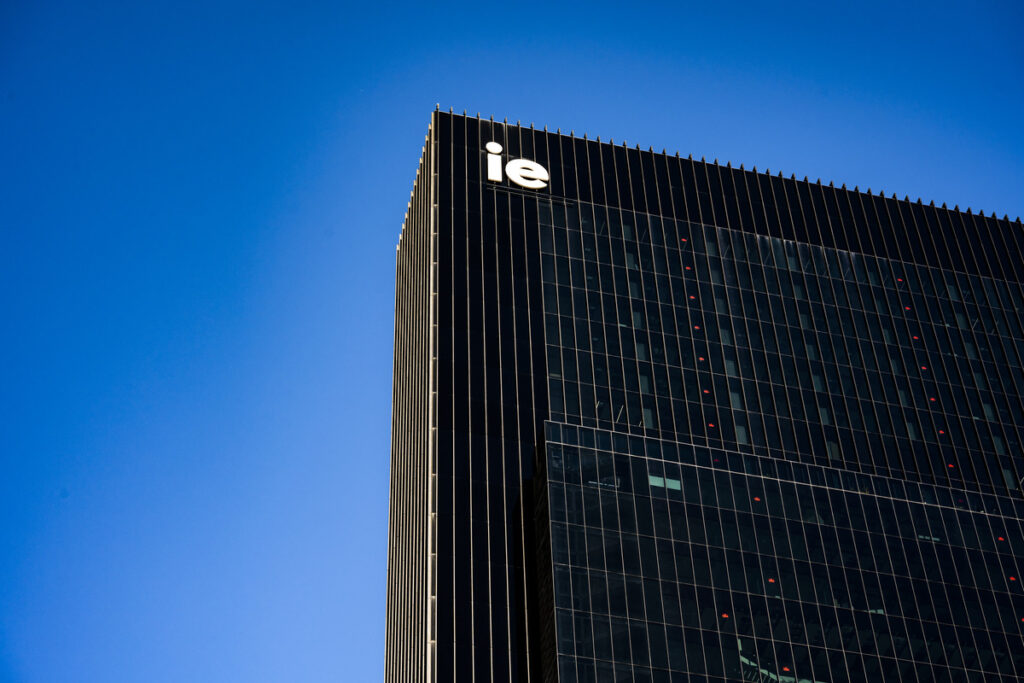The master’s program of your dreams will have a rigorous application process. One of the biggest headaches is knowing how to write a personal statement for grad school. Fortunately we’re experts on the topic—so read on.
Generating ideas: what is a personal statement, and what to include?
A personal statement is a one-page document detailing all relevant information about your character. We know—getting started is always hard. There’s simply too much to say. But you can help yourself by making a list of categories.
Once you’ve got these categories sorted, try a freewriting exercise to loosen yourself up. Get a pen and paper, set a timer for five minutes, and write about each topic without stopping. By taking the pressure off yourself to get it right, you’ll generate information that you can sift through later. You may even unearth some gems.
Hobbies & Interests
Detail who you are outside of academia. What passions do you have? Help the reader imagine the person writing the statement. Sincerity always shines through.

Academic achievements
Expand on areas of interest, awards you’ve won, or unique studies. Always look to develop your profile with new insights.

Evidence of skillset
Actions speak louder than words. When you describe yourself, back it up with evidence. What obstacles have you faced? How did you overcome them? What skill did this train?


Work experience
Theory and practice are equally important. Show how you’ve put your studies to the test through internships, jobs, projects with companies or any other professional experience you think is relevant.

Reasons for applying
There’s a reason you’re contacting a specific university. Let them know what it is. The more specific you are about how their methodology complements your own, the better. Doing your research shows commitment, which means you’ll be active in university culture.

Future goals
It’s easy to get bogged down in the past. Be sure to outline where you’re heading. What do you want to do? What do you want to be? How will this master’s program help you?
Editing your work: finishing tips on how to write a good personal statement
Now that the dreaded blank page is filled, start editing. Here are some essentials for making your personal statement read persuasively.
Tone
Keep your personal statement professional, but not completely formal. Allow the reader to hear your unique voice as they would in an admissions interview. Even if you use AI to help, it’s essential to rewrite in your own words. It’s also beneficial to learn how to write a good personal statement for future use. Do avoid slang. And be very careful with humor—you want to be taken seriously. On the other hand, avoid using stuffy phrases or long words. Clichéd claims about destiny are also a no-go. Don’t include famous quotes.

Directness
It’s a useful exercise to remove adverbs and adjectives; sentences function on verbs and nouns. Trimming the fat will make your point more directly. When you know exactly what you want to say, excess words are easy to cut. Of course, it’s your voice. So create a document with every version of your piece. Then you won’t feel worried about losing anything good in the redrafts.

Proofing
What is proofreading? It’s a dedicated read to eliminate errors, and it’s essential for a professional document. Try this three times on different days. It’s easy to spot errors with a fresh mind. Reading out loud works well, too. Finish the proofing phase by getting someone else to read your piece.

Compare with personal statement examples
Use other personal statement examples once you’ve written a few drafts. Other work is always useful as a touchpoint to see where yours can be improved.

Applying to IE University: how to write a personal statement for grad school at a world-leading institution
What is a personal statement without the ideal school? If you’re thinking of applying to a master’s at IE University, here are the four core pillars for our ideal applicant.

Academic Rigor
We expect all applicants to have demonstrated strong academic performance during their university studies.

Diversity
We want candidates from different cultures with professional experience in an array of different organizations. What unique contribution will you make to the classroom?

Innovation
Preference will go to candidates who embrace innovation and are adept in the digital world. How can you offer solutions to unfamiliar problems?

Human-centered approach
Nearly all our applicants are impressive on paper. We want to know how you’ll translate your studies into real-world impact. What human interactions have formed your character?

How to write a personal statement for college study at IE University
Keep these four pillars in mind and show us what you can contribute. We have a complete article on the IE University admissions process which explores the procedure in depth. We’re excited to hear from you.
Curious about our holistic assessment of candidates?
Discover our master’s admissions process and see if IE University is the place for you.

Benjamin is the editor of Uncover IE. His writing is featured in the LAMDA Verse and Prose Anthology Vol. 19, The Primer and Moonflake Press. Benjamin provided translation for “FalseStuff: La Muerte de las Musas”, winner of Best Theatre Show at the Max Awards 2024.
Benjamin was shortlisted for the Bristol Old Vic Open Sessions 2016 and the Alpine Fellowship Writing Prize 2023.






